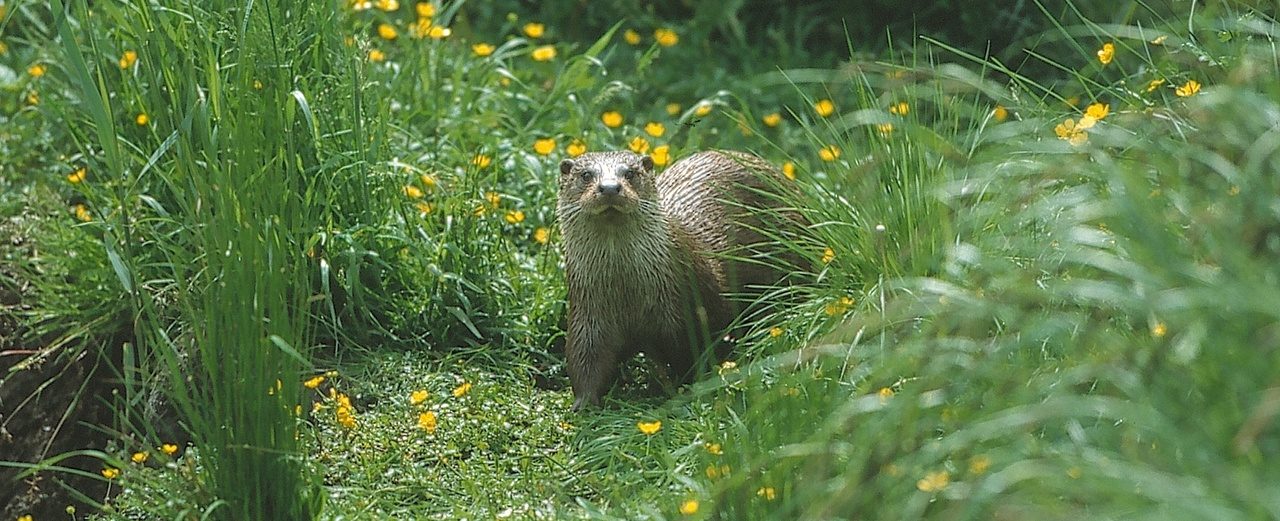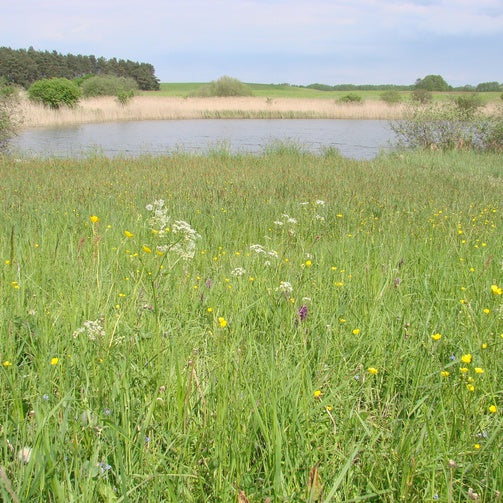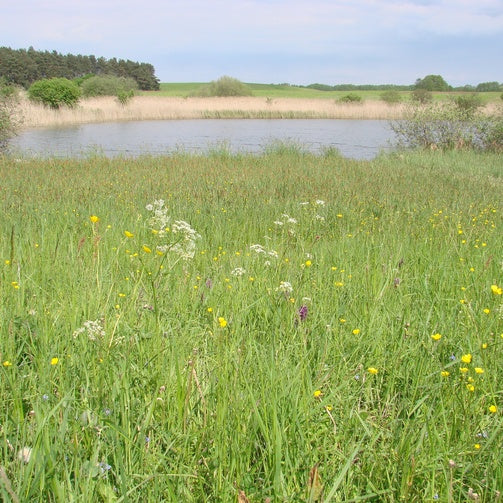Day 5
1 m2 protected natural paradise for otters in Germany
 A home for otters A home for otters
A home for otters A home for otters


Together against the destruction of natural habitats

need
Natural banks and fish-rich waters to protect otters.
activity
The NABU Foundation purchases areas in the Biesenthal Basin for endangered species and places them under permanent nature protection.
Measurable performance
Number of square meters purchased and placed under nature protection in the Biesenthal Basin.
Result
The nature reserve is better connected and the number of observed animal species and animal populations is increasing.
Systemically relevant impact
The Biesenthal Basin and its ecosystems are protected in the long term and contribute to the preservation of biological diversity.
background


The good deed
AboutGermany

Berlin
Capital city
82,100,000
Population
46.136
Gross domestic product
per capita per year
Rank 5 of 189
Human Development Index
(Human Development Index)


